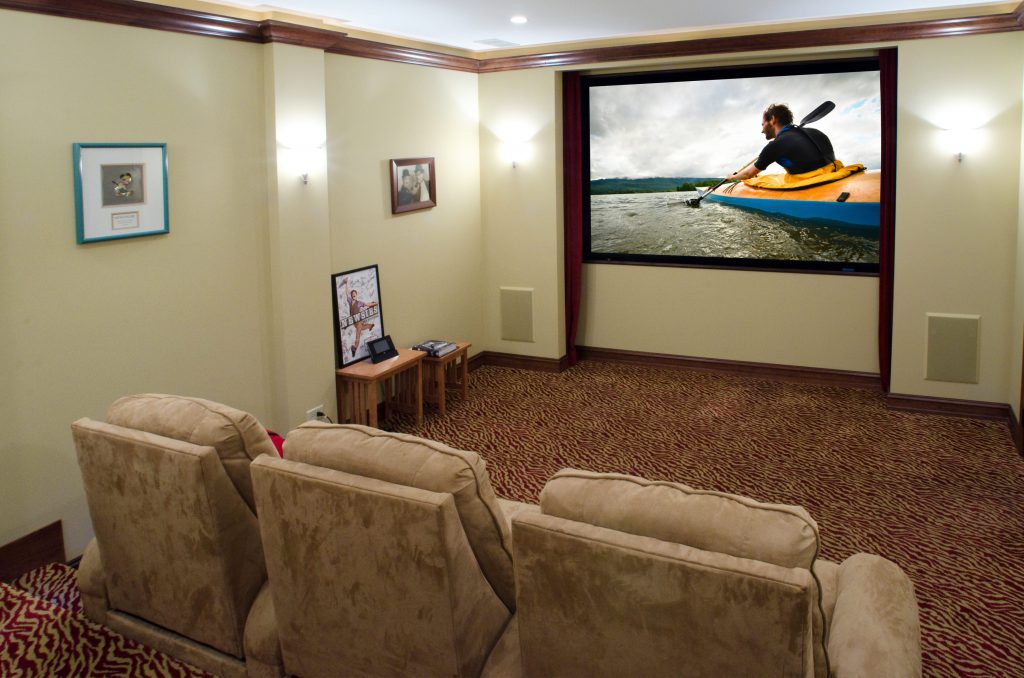
TV technology is constantly evolving, and new 8K TV tech has officially arrived. But is it worth it to upgrade?
Many of our customers have asked us about these new TVs and whether or not they should consider making the investment. Here are the facts:
What is 8K? Can the Human Eye Even Tell the Difference?
LG and Samsung have each unveiled their own 8K TVs. But with all this advancement in visual technology, we have to wonder, can the human eye actually notice the difference between 4K and 8K?
Our eyes are able to see approximately 40 megapixels. 8K TVs are 33 megapixels. So it should reason to stand that we would be able to see the visual difference between a 4K and an 8K TV. However, anything above 8K is beyond what our eyes can differentiate.
4K or 8K TVs – Which is Better?
The visible difference between a 4K and 8K TV becomes most apparent only on the largest sizes. For a typical family room 65” TV, the noticeable difference is negligible. On the larger size TVs, the price difference is significant. Sony’s 85” 8K TV sells for $13,000. The 4K OLED counterpart is $7,000 and includes the more eye-catching OLED panel that allows for impressive old-school black levels.
Factoring the Availability of 8K Video
Oftentimes, the technology is available before the means to utilize it is, and the new 8K TVs are no different. There is virtually nothing to watch for the foreseeable future available in 8K. Even today there is only limited content available in 4K. In fact, the standards for 8K video are still under development, meaning that the creators still haven’t agreed on acceptable methods for getting the super high resolution from a video camera to your TV. Granted, 8K TVs use a process called “upconverting” to increase the resolution of existing video. But, at the end of the day, it’s just the same HD or 4K pixels being repeated to create more pixels.
Should I Invest in an 8K TV Right Now?
Our answer when customers ask us this is, “No, but ask us again in a year”. When it comes to upgrading to an 8K TV, we can definitely accommodate you if you want to be the first one on the block to have one. But if you’re considering the practicality of an upgrade, it’s best to wait until the technology is there to fully utilize your new purchase.

